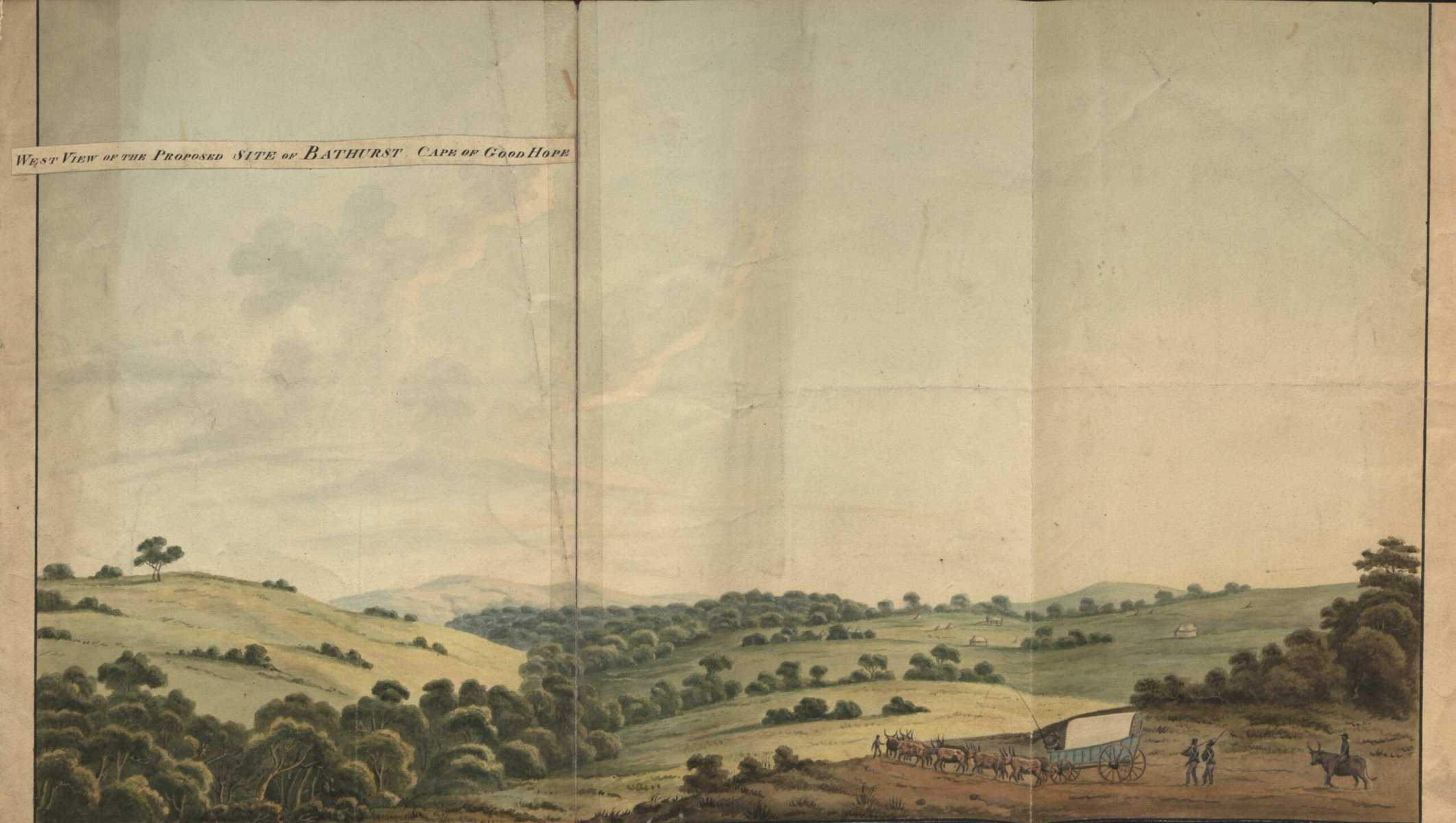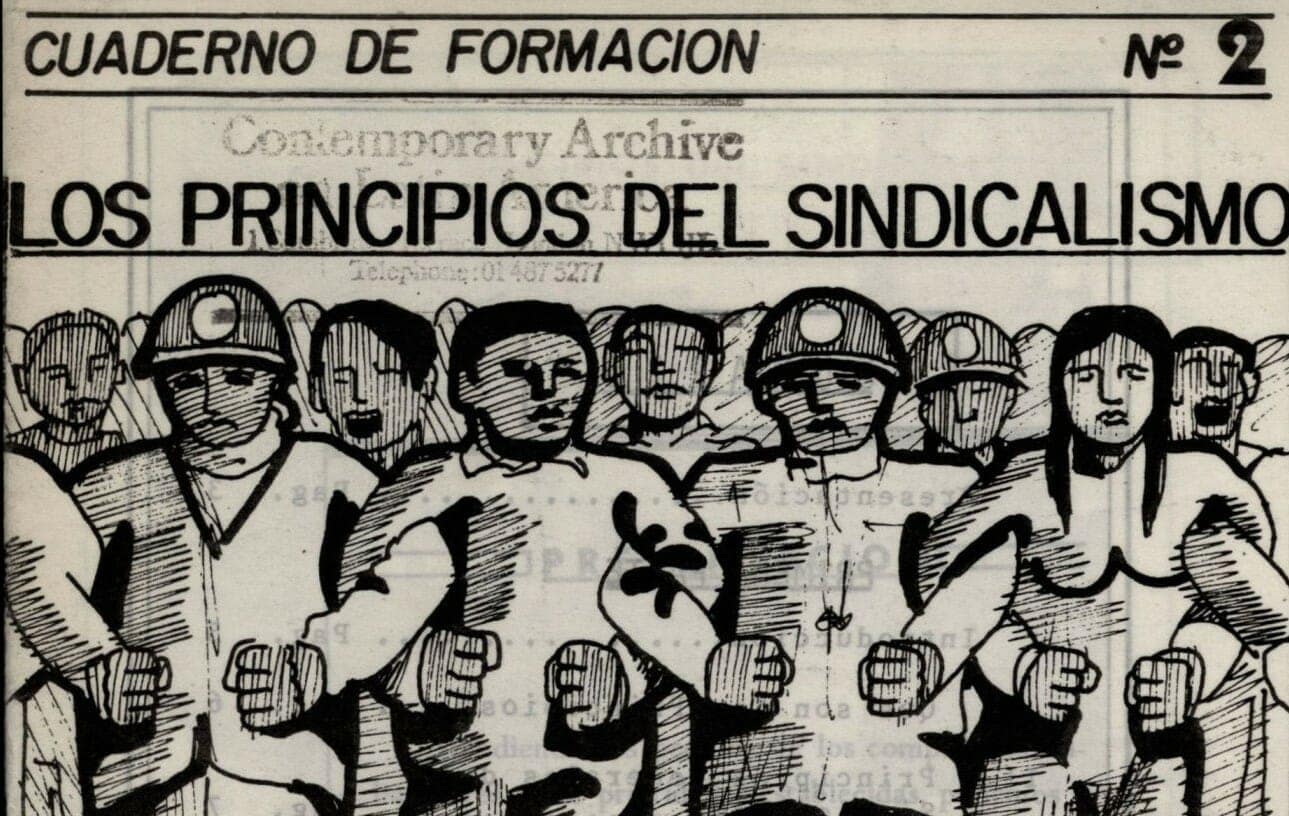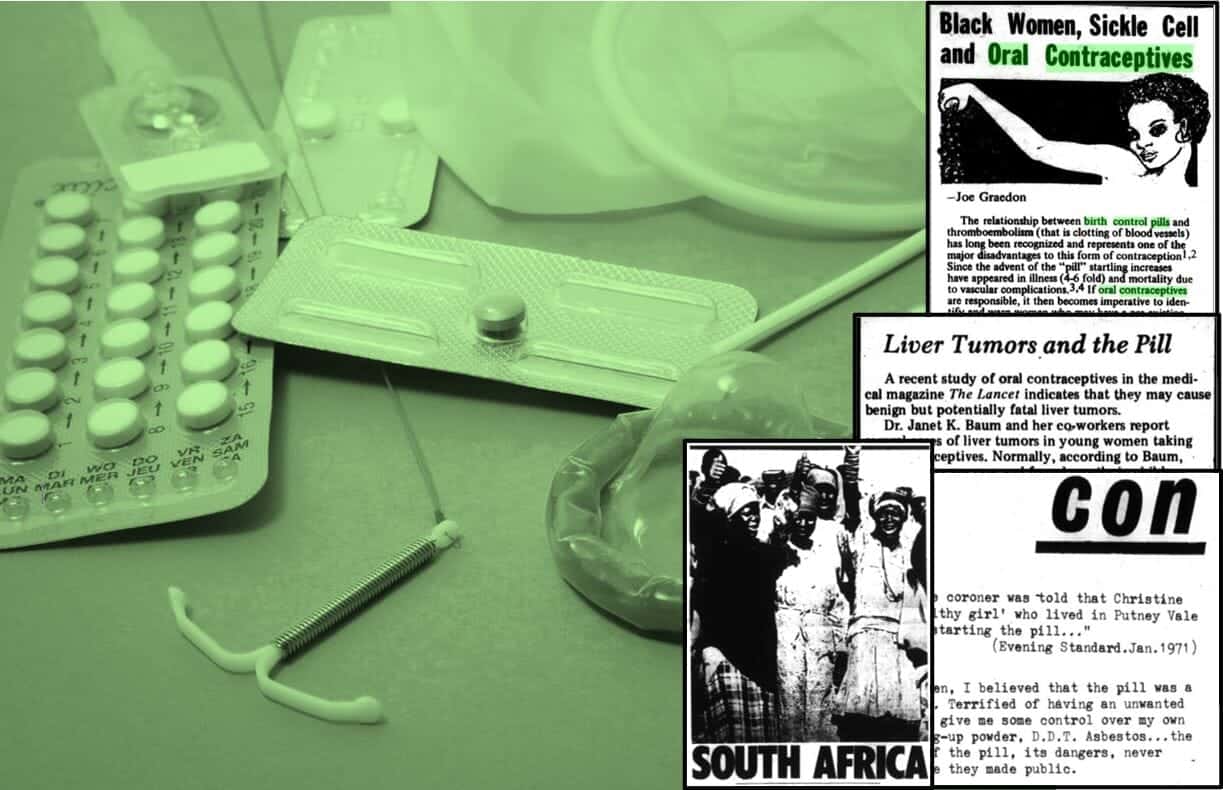│ By Tom English, Strategic Initiatives Manager – EMEA │
Was South Africa the first African state to gain independence from colonising powers or the last? This question is posed by Frank Welsh’s telling of the country’s colonial history in his book, A History of South Africa, and it speaks to the rich and complex nature of the country known as the rainbow nation.
If we want to make sense of, and make new discoveries about, a country as complex and dynamic as South Africa, we need to look at it from a range of perspectives. What are the different narratives of its inception? Who are its constituents? How do they see themselves in relation to their country? How did South Africa come to be as it is today? And what journey has the country been on in its long walk to freedom and beyond?
Gale Primary Sources collections give us the perspectives and insights that can help us to make sense of these questions and find some answers.










